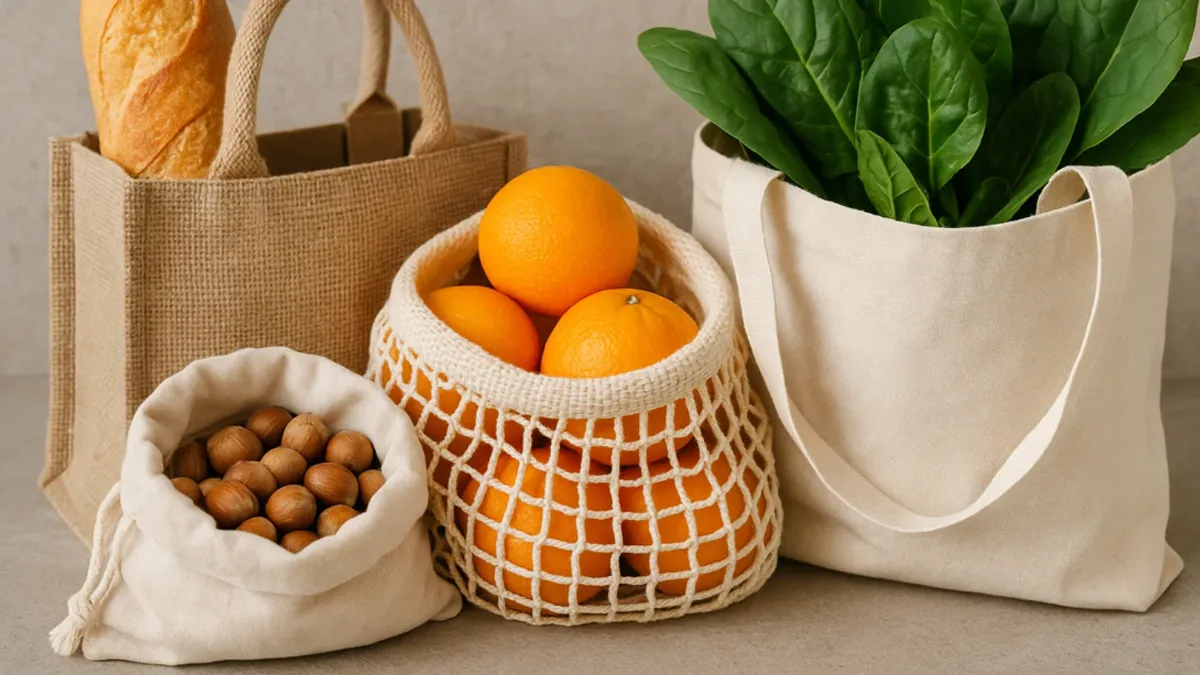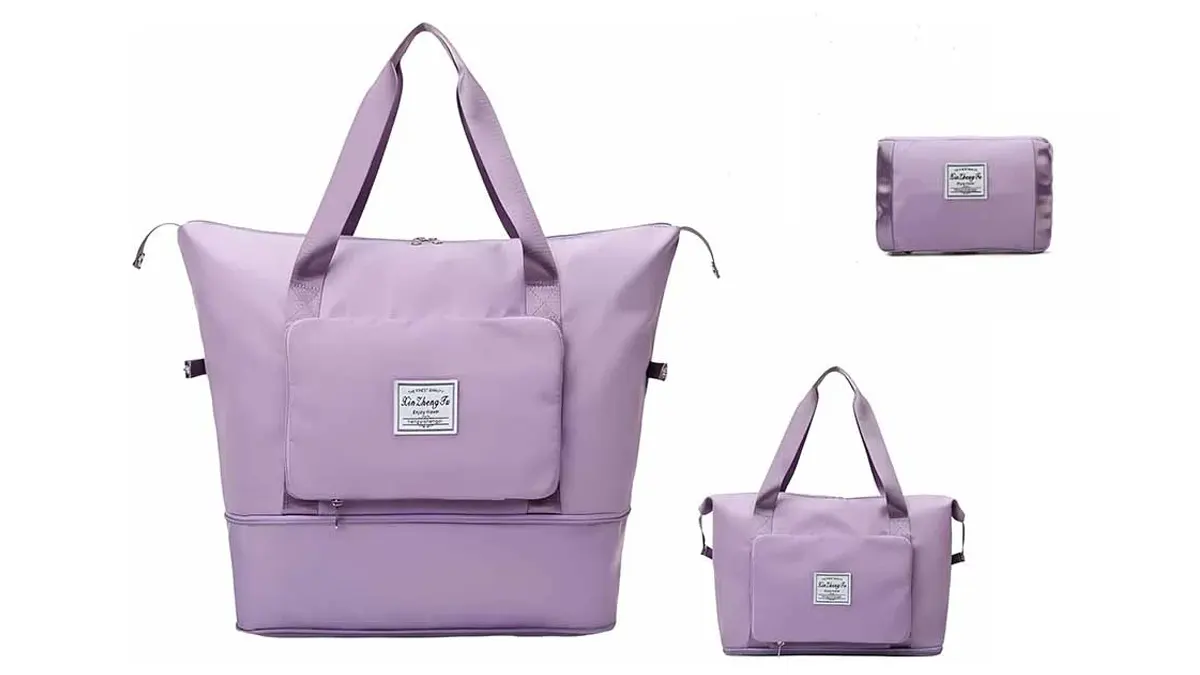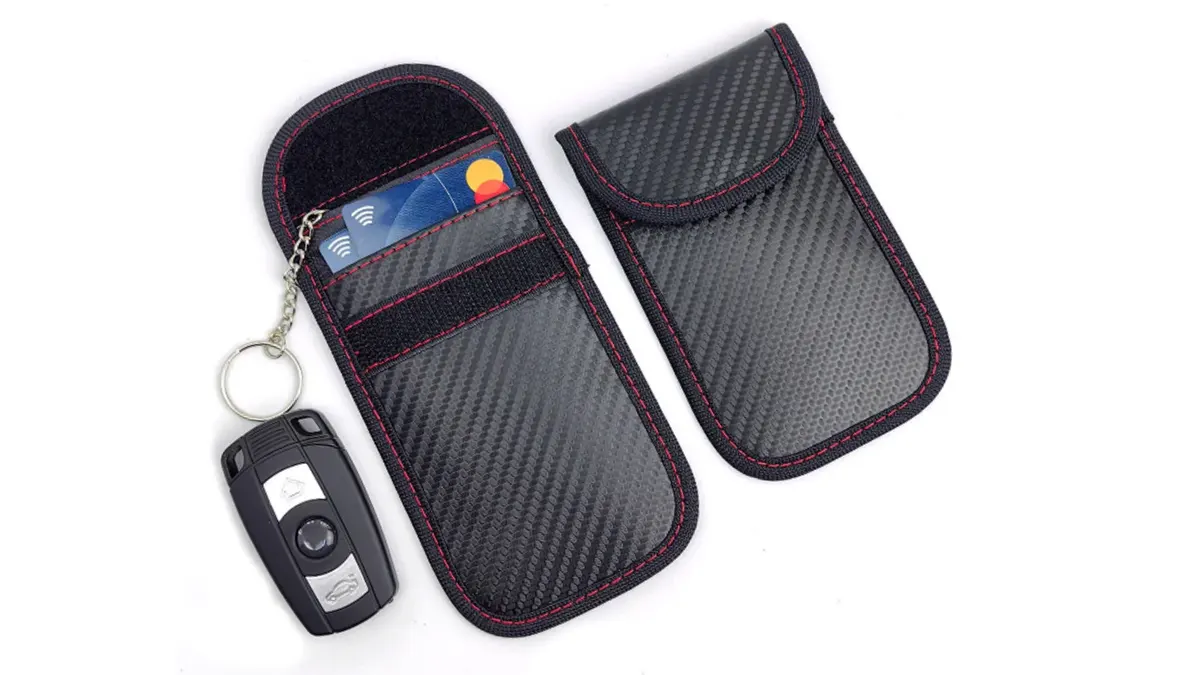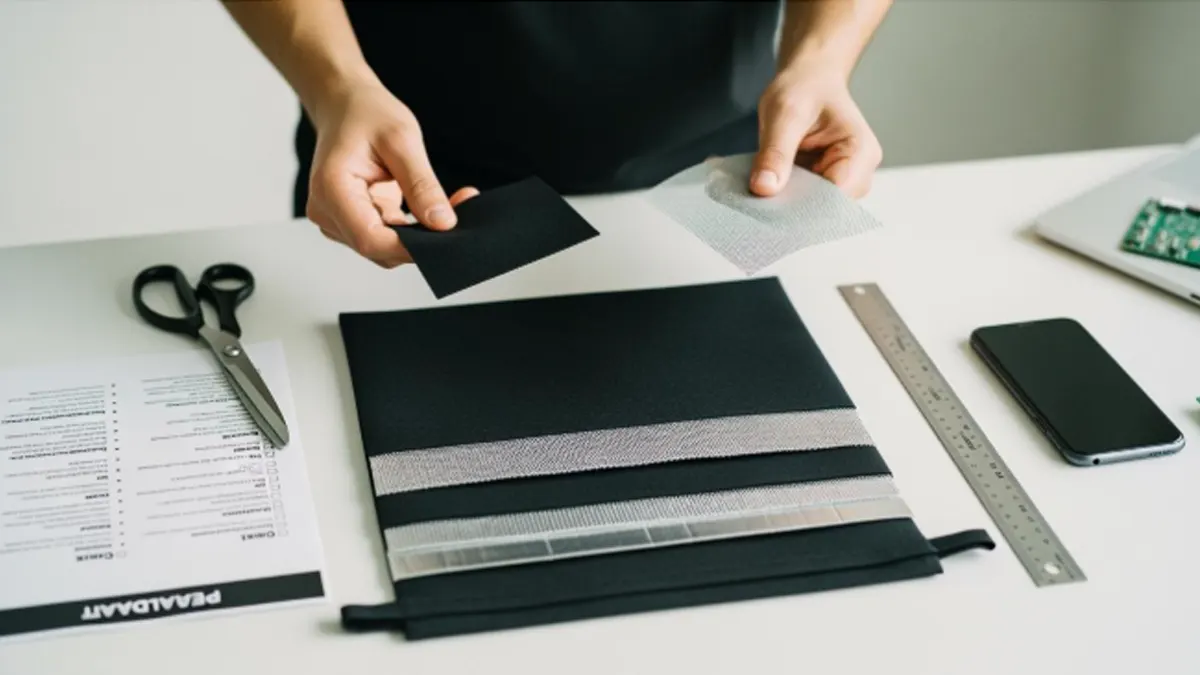Plastic bags have been part of our lives for decades, but times are changing. They are cheap and convenient, yet they come with a heavy environmental cost. More countries, cities, and even big retailers are phasing out single use plastic bags because they end up polluting oceans, filling up landfills, and harming wildlife.

That leaves many people and businesses with the same question: what is the best alternative to plastic bags? The good news is that we now have many eco friendly choices. From cotton and jute to recycled PET and non woven options, there is no shortage of reusable bags that can do the job—often better than plastic ever did.
Why Look for Alternatives to Plastic Bags?
Before diving into the different options, let us talk about why switching matters. Plastic bags are light, strong, and easy to produce, but they are not built for the long run.
They take hundreds of years to break down, and even then, they do not disappear. Instead, they break into microplastics that end up in the water we drink and the food we eat. Studies show that millions of tons of plastic waste enter the oceans every year, much of it from single use items like plastic bags.
On top of that, more governments are saying no to plastic. Bans, taxes, and restrictions are now common. For businesses, this means offering alternatives is not just about going green—it is about staying compliant and meeting customer expectations.
Best Alternatives to Plastic Bags
There is no one size fits all solution. The best alternative depends on how the bag will be used, who will carry it, and what it needs to hold. Let us go through the top choices one by one.

Cotton Tote Bags
Cotton tote bags are one of the most popular alternatives. They are reusable, strong, and feel good to carry. Unlike plastic bags that tear easily, cotton bags can hold groceries, books, or even heavier items without trouble.
One of the biggest advantages is customization. Cotton totes can be printed or embroidered with logos, making them perfect for businesses that want to spread their brand. They are also washable, which means you can keep them clean and fresh for years.
Jute Bags
Jute, often called the “golden fiber,” is another excellent option. It is natural, biodegradable, and incredibly strong. Jute bags have a rustic, earthy look that many eco conscious consumers love.
These bags are especially good for groceries and markets because they can carry a lot of weight. A jute shopping bag can last for years, and when it finally wears out, it breaks down naturally without leaving harmful waste behind.
Non Woven Polypropylene Bags
Non woven bags are made from spun bonded polypropylene, a type of plastic, but here is the key difference: they are designed to be reused many times. Unlike thin single use bags, non woven bags are thicker, stronger, and available in many styles.
They are lightweight and cost effective, making them ideal for promotional giveaways or retail shops that want an affordable reusable option. While they are not biodegradable, they do reduce plastic waste by replacing hundreds of single use bags.
Recycled PET (rPET) Bags
Recycled PET, or rPET, comes from recycled plastic bottles. Turning old bottles into strong reusable bags gives plastic a second life and keeps it out of landfills and oceans.
rPET bags are durable, water resistant, and look just like regular polyester bags. They are popular with brands that want to highlight their commitment to recycling and sustainability.
Paper Bags
Paper bags may not be as strong as fabric bags, but they are biodegradable and recyclable. They work well for lighter items like clothes, bakery goods, or gifts. Retail stores often use them for packaging because they can be printed with colorful designs.
The downside is durability. Paper bags tear easily if they get wet and are not ideal for heavy loads. Still, for short term use, they are a better alternative than plastic.
Felt and Polyester Blend Bags
Felt and poly blend bags are made from recycled materials, giving them a second life. They are durable, stylish, and suitable for fashion or business use. Because felt can be cut and shaped easily, these bags often come in modern designs and are popular for branding.
Comparison of Alternatives
To make things easier, here is a quick comparison of the most popular options.
Table 1: Plastic Bag Alternatives Quick Comparison
| Bag Type | Durability | Eco Friendly | Cost | Best Use Cases |
|---|---|---|---|---|
| Cotton Tote Bag | High | Yes | Medium | Shopping, daily use |
| Jute Bag | High | Yes | Medium | Groceries, heavy items |
| Non Woven Bag | Medium | Partially | Low | Promotions, giveaways |
| rPET Bag | High | Yes (recycled) | Medium | Retail, branded shopping |
| Paper Bag | Low | Yes | Low | Retail, packaging |
| Felt/Poly Blend Bag | Medium | Yes (recycled) | Medium | Fashion, business branding |
Choosing the Right Alternative for Your Needs
So which one is the best alternative to plastic bags? It depends on what you need.
If you want something strong and stylish, cotton and jute are excellent picks. If budget is your main concern, non woven bags are affordable and still reusable. If your brand wants to highlight recycling, rPET is the way to go. For retail packaging, paper bags are practical and eco friendly.
Think about your audience too. Eco conscious customers often prefer organic cotton or jute, while business events may call for non woven promotional bags. The right choice balances durability, cost, and environmental impact.
Table 2: Matching Bag Types to Use Cases
| Need | Best Alternative | Why It Works Well |
|---|---|---|
| Grocery Shopping | Jute or Cotton Tote | Strong, reusable, biodegradable |
| Promotional Giveaways | Non Woven Bag | Affordable, customizable, reusable |
| Retail Packaging | Paper Bag | Low cost, recyclable, customizable |
| Fashion or Premium Gifts | Felt or Cotton Tote | Stylish, customizable, eco friendly |
| Sustainability Branding | rPET Bag | Made from recycled bottles, eco message |
The Future of Bag Materials
The push for eco friendly alternatives is not slowing down. New materials are emerging, like biodegradable plastics made from cornstarch or other plant based fibers. While these are still developing, they show that innovation will keep giving us better solutions to reduce single use plastic.
What really stands out, though, is the shift toward reusable bags. People want something they can use again and again, not just once. The longer you keep using a bag, the less impact it has on the environment. That is why making the switch from plastic to reusable bags is such a simple but powerful step we can all take to reduce waste.
Conclusion
So, what is the best alternative to plastic bags? The truth is, there is no single winner. Cotton and jute bags are perfect for heavy duty, eco conscious use. Non woven and rPET bags balance cost and reusability, while paper bags work well for light retail packaging. The right choice depends on your needs, budget, and customer expectations.
As a professional bag manufacturer, we design and produce all kinds of eco friendly alternatives to plastic bags, including cotton, jute, non woven, felt, and rPET options. We support OEM, ODM, and wholesale orders, and can customize your bags with logos, colors, and unique designs. If you are ready to replace plastic with sustainable bags, contact us today for samples or a fast quote—we are here to help your brand go green.
FAQs
What is the best alternative to plastic grocery bags?
For groceries, jute and cotton tote bags are the best alternatives. They are strong enough to carry heavy loads and reusable for years. Jute is biodegradable, and cotton can be washed and customized. Compared to paper or non woven bags, they handle groceries better and last much longer.
Are paper bags better than plastic bags?
Yes, paper bags are better in terms of eco friendliness. They decompose faster and are recyclable. However, they are not as durable as plastic or fabric alternatives. Paper bags are a good short term option, but for long term use, reusable cotton, jute, or rPET bags are better.
How long do reusable cotton bags last?
A well made cotton bag can last for years, sometimes three to five years or more, depending on how you use it. If washed and cared for properly, it can replace hundreds of plastic bags, making it one of the most effective alternatives for daily shopping.
Can non woven bags be recycled?
Technically yes, since they are made from polypropylene, a type of plastic. But recycling depends on local facilities, and many places do not accept them. The best way to make use of non woven bags is to reuse them as many times as possible before disposal.
Are jute bags biodegradable?
Yes, jute is a natural fiber that breaks down completely over time. This makes it one of the most eco friendly choices. Not only is it strong and long lasting, but when it does wear out, it returns to the earth without leaving harmful waste.




